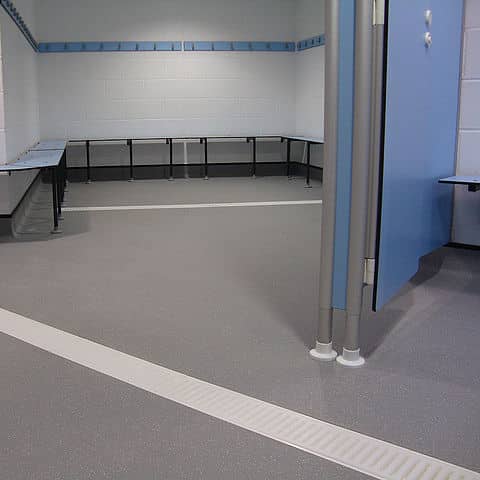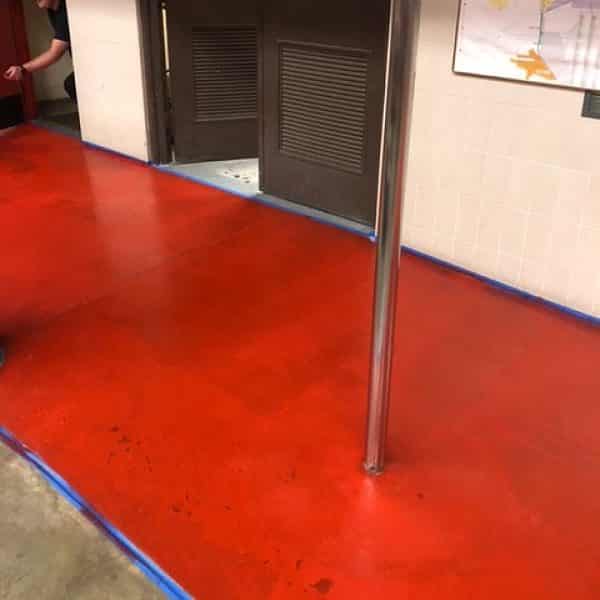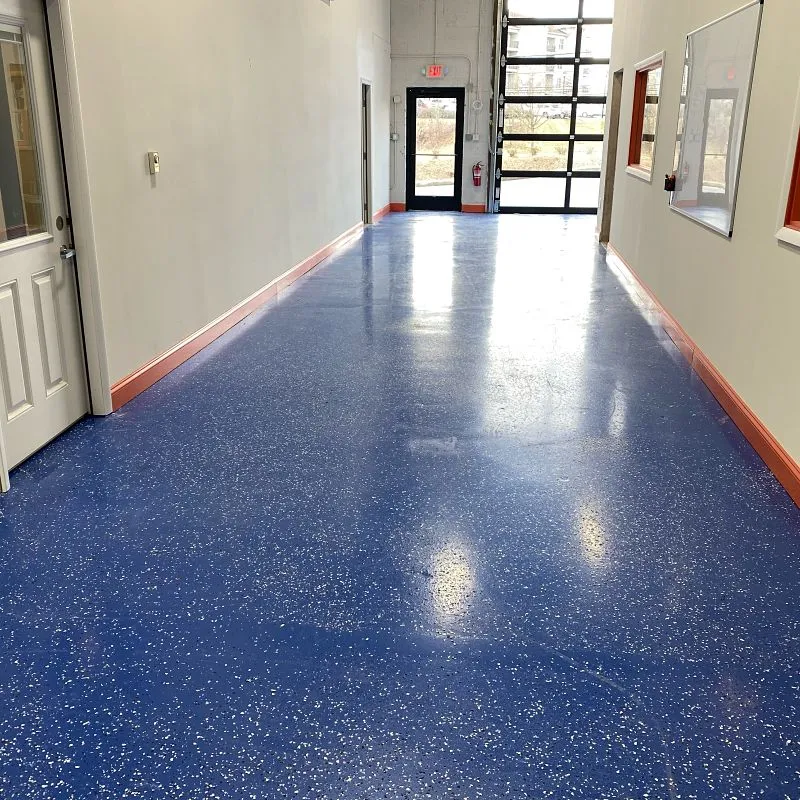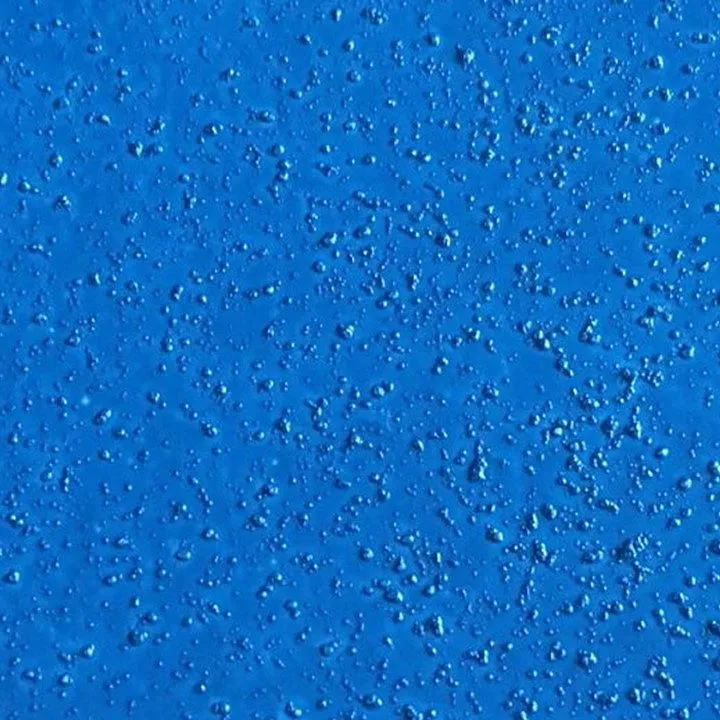No products in the cart.
Return To ShopE1016 Anti-Slip Epoxy Concrete Floor Coating – 3 Gal Kit | 20 Colors | Tennis Court Like Surface
E1016 Anti-Slip Epoxy Floor Coating is a two component plus aggregate water based epoxy coating specially designed for use on concrete floors subject to bare foot traffic such as in locker rooms, plants or other foot traffic areas where slips could occur. It offers a satin finish and anti-slip surface (similar to an concrete or asphalt tennis court) with good chemical resistance and abrasion resistance and substrate penetration rivaling solvent based products.
E1016 is not designed for surfaces subject to regular wheeled traffic.
Available in a satin finish and wide selection of 20 color options. Comes in a 3 gallon kit complete with epoxy and aggregate that is packed in a 5 gallon plastic pail for easy mixing. For areas subject to constant exposure to water or high humidity, consider our AM1016 Anti-Microbial Mildew Resistant Anti-Slip Epoxy.
PRIMER: For applying directly to VCT, ceramic tile, vinyl, linoleum or asbestos mastics, cutback and carpet glues with minimal preparation consider our Perfect Primer Sealer
TOPCOAT: Optional – Many products are suitable as topcoats including multiple coats of this product. For added chemical resistance, color stability or UV stability, topcoat with a suitable aliphatic urethane. Recommend our E322HW Semi-Gloss Urethane.
Where is Anti-Slip Floor Epoxy used?
- Locker rooms
- Manufacturing plants
- Concrete floors where slips can occur
Why Anti-Slip Floor Epoxy Coating?
- Adds a slip resistant finish to concrete floors
- Good for use on surfaces subject to bare foot traffic
- Long 1 – 1.5 hour pot life
- Excellent adhesion
- Good chemical and abrasion resistance
- Wide selection of clear plus 20 color options
- Water base
